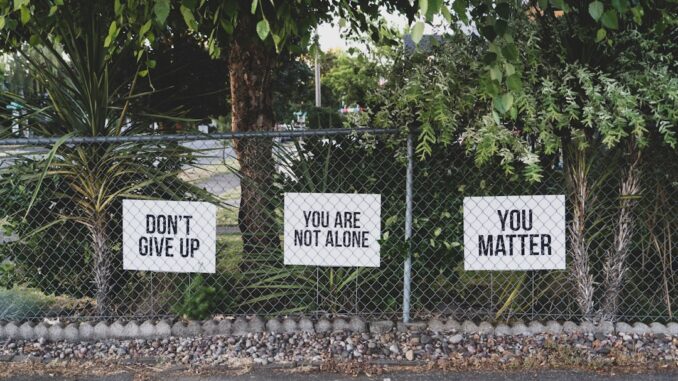
Summary
This article offers a guide for recovering addicts on building a supportive friendship group. It emphasizes the importance of sober friendships, provides steps to find such friends, and advises on managing relationships with current friends who might not support sobriety. It encourages active participation in recovery communities and building genuine connections for sustained recovery.
** Main Story**
Finding Friends in Recovery: A Guide for Recovering Addicts
Recovery from addiction involves significant life changes, and building a supportive network of sober friends is crucial for long-term success. This article offers a step-by-step guide to help you navigate this important aspect of your recovery journey.
Step 1: Understanding the Importance of Sober Friends
Sober friends offer unique benefits during recovery. They provide a safe space free from substance use, reducing relapse triggers. They understand the challenges of recovery, offering empathy and non-judgmental support. They also help maintain accountability, encouraging positive behaviors and celebrating milestones. This support combats loneliness and isolation, fostering a sense of belonging and shared purpose.
Step 2: Where to Find Sober Friends
- Recovery Support Groups: Twelve-step programs like Alcoholics Anonymous (AA) and Narcotics Anonymous (NA) offer a structured environment to connect with others sharing similar experiences. SMART Recovery provides another support group option.
- Sober Social Events: Look for sober parties, concerts, or gatherings hosted by recovery organizations. These events provide opportunities for fun and connection without the presence of substances.
- Shared Activities: Join clubs or classes related to your interests, such as fitness groups, art classes, book clubs, or sports teams. Volunteer at local organizations to meet like-minded individuals.
- Online Communities: Explore online forums, social media groups, and recovery-focused websites. These platforms can connect you with a wider sober community, offering support and shared experiences.
- Alumni Programs: If you attended rehab, connect with their alumni network to find others in your area who understand your journey.
Step 3: Building Meaningful Friendships
- Be Open and Honest: Share your recovery journey with new friends. This vulnerability creates deeper connections and helps establish trust.
- Focus on Quality over Quantity: A few strong, supportive friends are more valuable than many casual acquaintances. Nurture genuine connections that promote personal growth and sobriety.
- Say “Yes” to Invitations: Stepping outside your comfort zone and accepting social invitations broadens your social circle and creates new opportunities for connection.
- Get Involved: Host sober gatherings like game nights or potlucks. Actively participating in activities increases your chances of meeting new people.
- Be Patient: Building solid friendships takes time. Be patient with yourself and allow relationships to develop organically.
Step 4: Managing Existing Friendships
- Set Boundaries: Communicate your sobriety goals clearly to friends who still use substances. Explain that their lifestyle no longer aligns with your recovery journey.
- Limit Exposure to Triggers: Avoid situations or people that could jeopardize your sobriety. Prioritize your recovery and surround yourself with positive influences.
- Respect Their Choices: Understand that not all your current friends will understand or support your recovery. Respect their choices while protecting your own sobriety.
- Offer Support: If your friends express interest in their own recovery, offer resources and encouragement.
Building a supportive network of sober friends is essential for sustained recovery. By actively participating in recovery communities and building genuine connections, you can strengthen your commitment to sobriety and create a fulfilling life free from addiction. This journey takes time and effort, but the rewards of lasting friendships and a strong support system are invaluable.


Be the first to comment